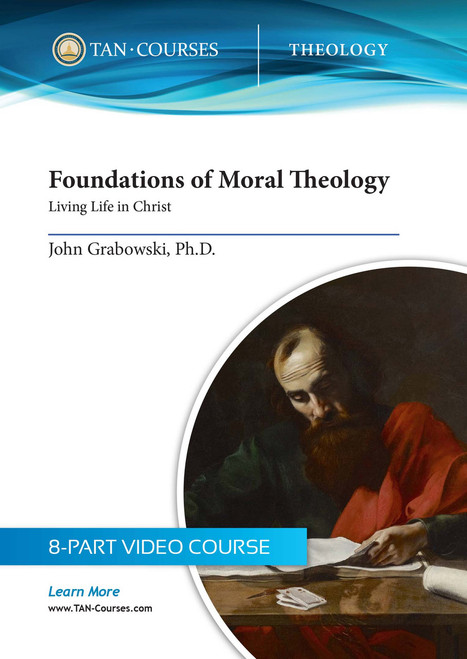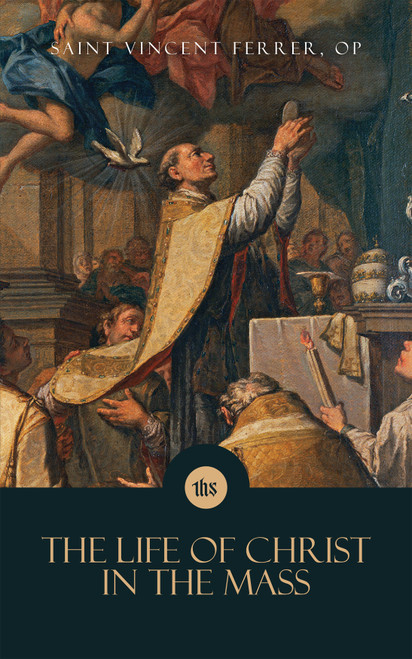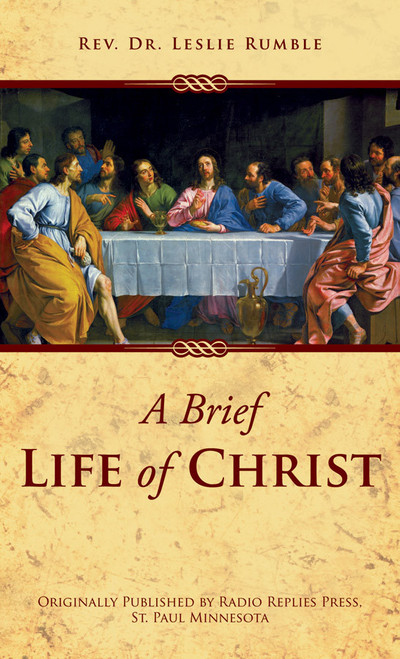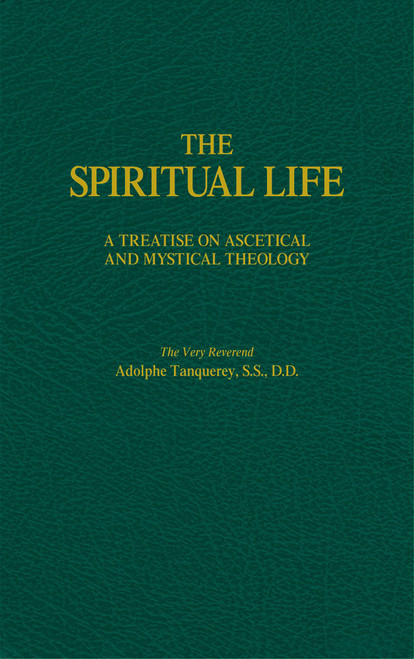Join Dr. John Grabowski as he examines the roots of Catholic doctrine: moral theology. As Dr. Grabowski unfolds, our world today finds itself in a state of moral crisis. There is nothing more important to study right now than moral theology. It answers the crises and conflicts of the Church, as well as controversial contemporary and political issues. However, first, we must understand the roots of moral theology, which are found by studying the councils that brought Catholic doctrine about and the biblical influence in forming what is now considered moral theology.
LECTURE SAMPLE
Dr. Grabowski begins by examining Vatican II and the Council of Trent and how these formed our perception of moral theology. Historical studies show that moral theology was heavily focused on law, sin, and human acts between the Council of Trent and Vatican II. There was a lack of attention given to the pursuit of moral excellence and the basic mysteries of the Christian Faith.
Vatican II called for a renewal of moral theology, which gave rise to a new perception of human dignity. Dr. Grabowski proposes and faithfully considers morally theology through probing topics such as:
- The hallmarks of authentic renewal found in the Church
- The biblical roots of moral theology
- Understanding the nature of the human person
- Sin, virtue, natural law, and human dignity
- The nature of culpability and conscience
Vatican II pronounced a universal call to holiness. The study of moral theology and Catholic doctrine is just one way that one can begin to pursue this call to holiness. Join Dr. Grabowski in this fascinating eight-part lecture series where he uncovers the beauty of moral theology and its application in our Godless society.
TRAILER
LECTURES
- The Nature of Moral Theology & The Call to Renewal
What is moral theology? Moral theology between the Council of Trent and Vatican II focused heavily on law, sin, and human acts. Little attention was paid to moral excellence and the pursuit of virtue. Discover the hallmarks of the authentic renewal of moral theology called for by Vatican II and how this changed the way the Church recognized morality and virtue. - Scripture in Moral Theology
How should Catholics read scripture? Dr. John Grabowski discusses four inadequate ways to read scripture as well as principles for a Catholic approach. Discover how scripture and the ancient texts of the bible relate to pursuing a moral life. - Conversion and Discipline
Dr. Grabowski continues to discuss how we can use scripture as a source to understand Christian moral living. There are two themes by which scripture can be understood: conversion and discipleship. Study the roots of these words and how they are relevant in both the Old and New Testaments. - The Human Person
Consider the human person in a new profound light. While it may sound like a simple question, “What is the human person?” it is quite a profound and morally rooted question. We are created in and for Christ, and because of this, we are called to communal love. Rediscover human dignity and how our understanding of it changes the way we consider moral life. - The Natural Law
With a greater understanding of what the human person is, how does one apply this understanding of the human person to Christian moral life? Discuss this through a look at human nature and its moral significance: the natural law. - Virtue
Catholic theology and philosophy have brought the language and understanding of virtue back into focus. Discuss the theological and intellectual virtues and their hierarchy in relation to the Christian life. - Sin
One can only understand the reality of sin in light of Christ. Catholicism has grouped and defined different types of sin: original, social, and personal/actual sin. From these, branch off the more commonly understood venial, mortal, and deadly sins. Discuss the theology of sin and why pursuing knowledge of this is pivotal to living a holy life. - Human Acts & Conflict Situations
We express and shape ourselves, morally and otherwise, through our acts. Dr. John Grabowski differentiates between human acts and acts of the human. Human acts are capable of being morally evaluated, while acts of the human are not necessarily so. Contemplate the relevance of culpability and conscience in our pursuit of virtue and the human inclination towards sin.
MEET YOUR PROFESSOR
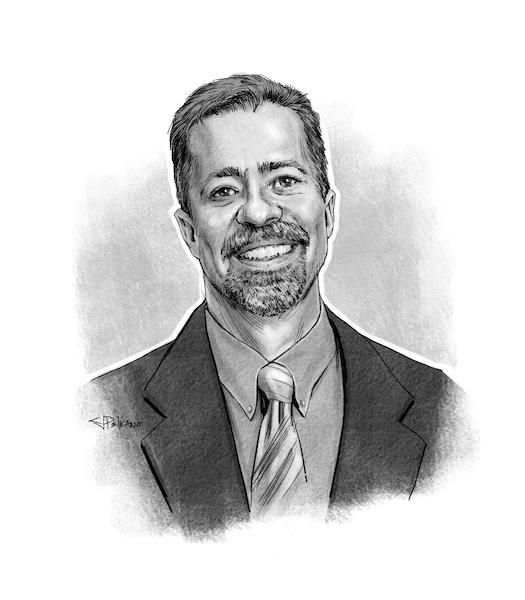
John Grabowski, Ph.D. is an ordinary Professor of Moral Theology/Ethics at the Catholic University of America. Dr. Grabowski has published widely in the areas of moral theology, marriage, sexuality, and bioethics. His articles have appeared in scholarly journals as Nova et Vetera, The Thomist, The Heythrop Journal, and the National Catholic Bioethics Quarterly as well as more popular publications such as America, Commonweal, The Living Light, and Our Sunday Visitor.
He has served three times as a theological advisor to the USCCB. In 2009, Pope Benedict XVI appointed him to the Pontifical Council for the Family along with his wife. In 2015, he was appointed by Pope Francis to serve as an expert at the 2015 Synod on the Family.
- Subject:
- Theology
- Imprint:
- TAN Courses
- Wistia Name:
- CCI - Foundations of Moral Theology
- Wistia Url:
- https://www.tanbooks.com/cci-foundations-of-moral-theology/
- Wistia Hash:
- zxkccnwok1

